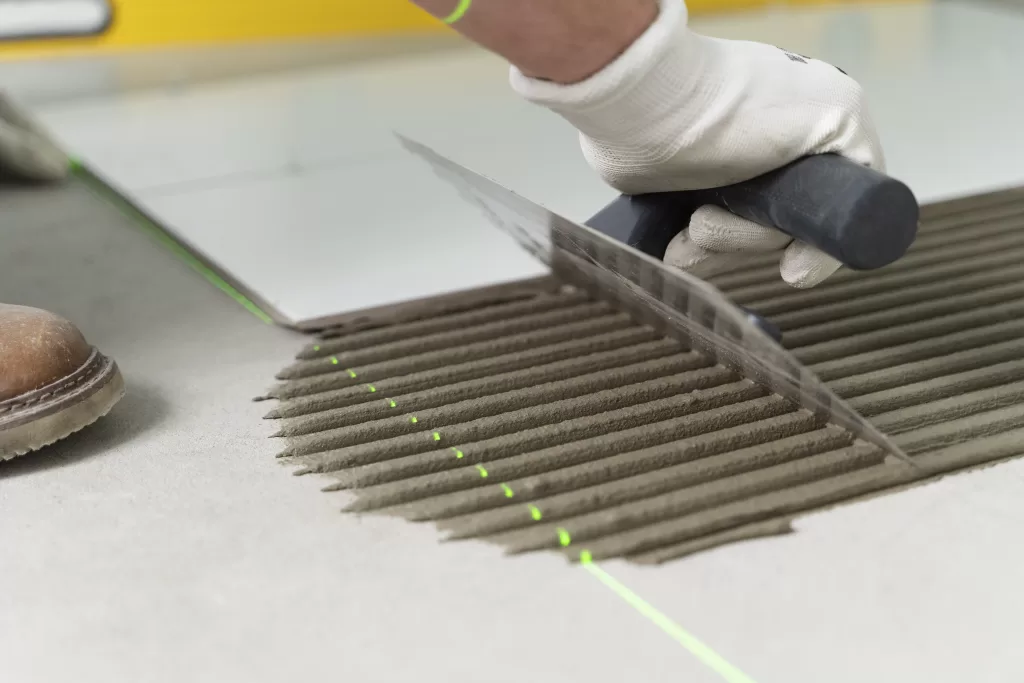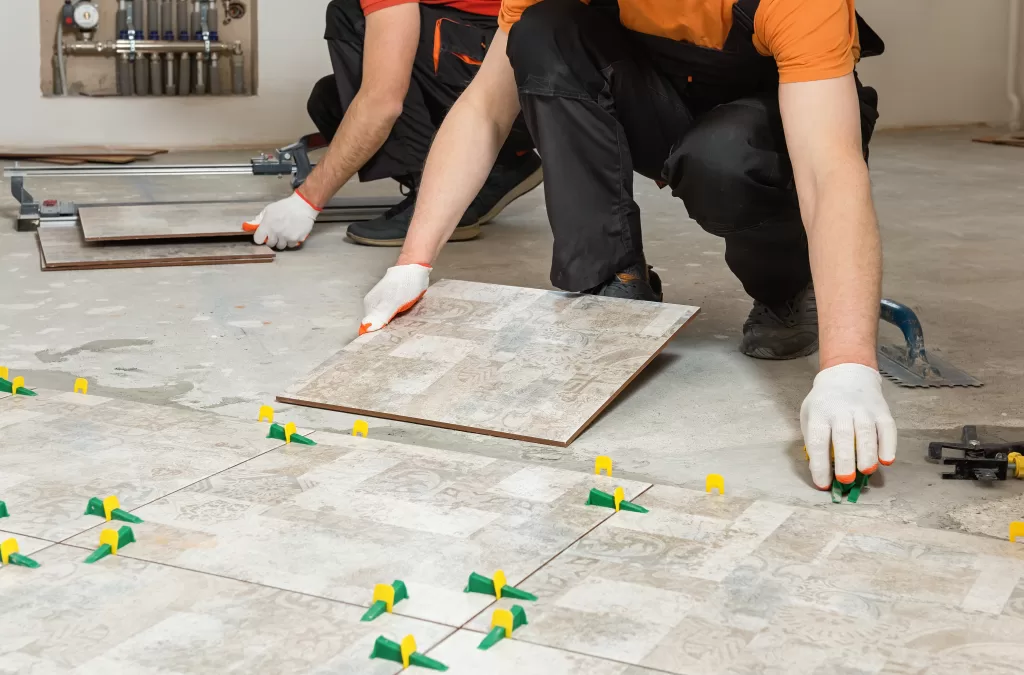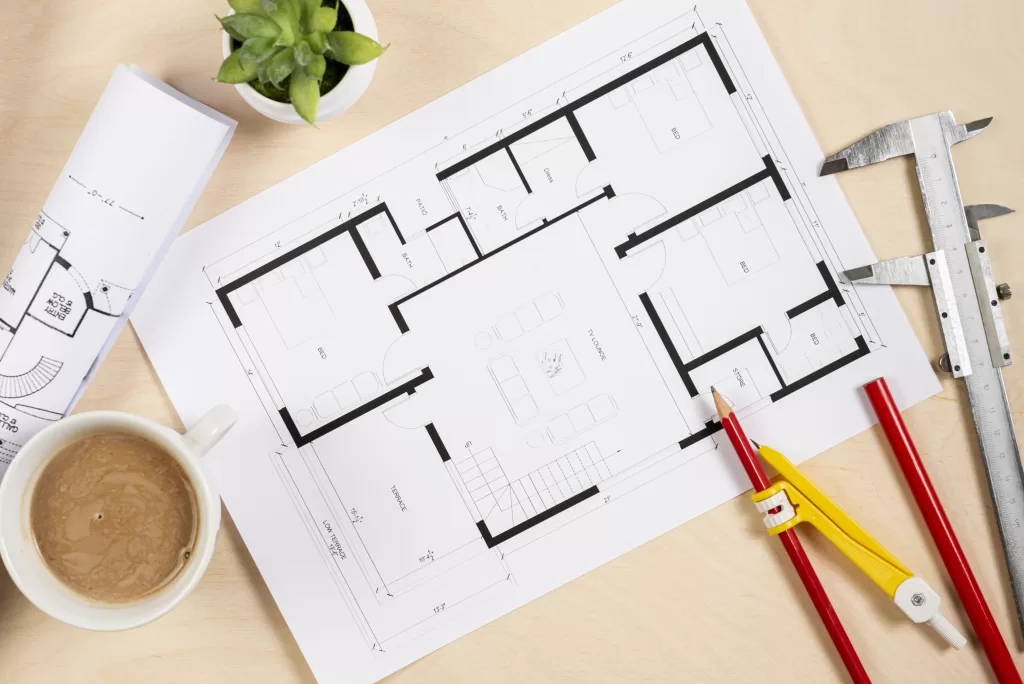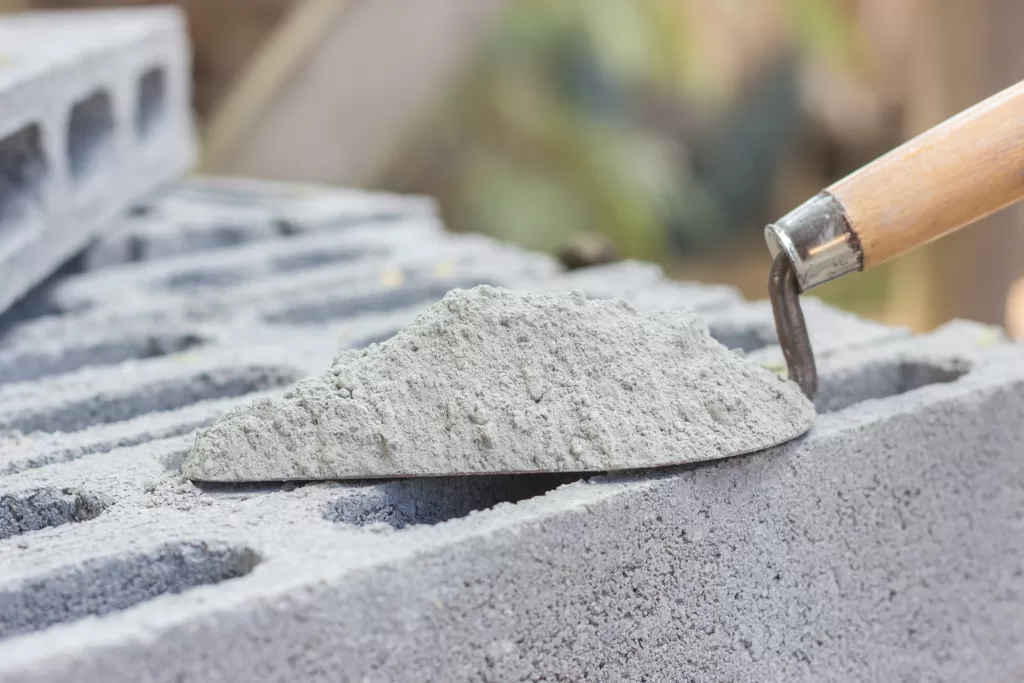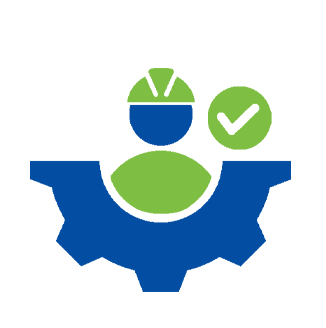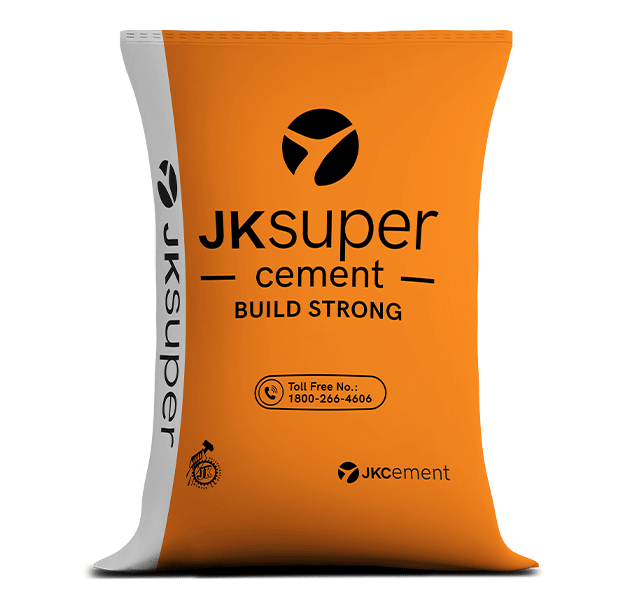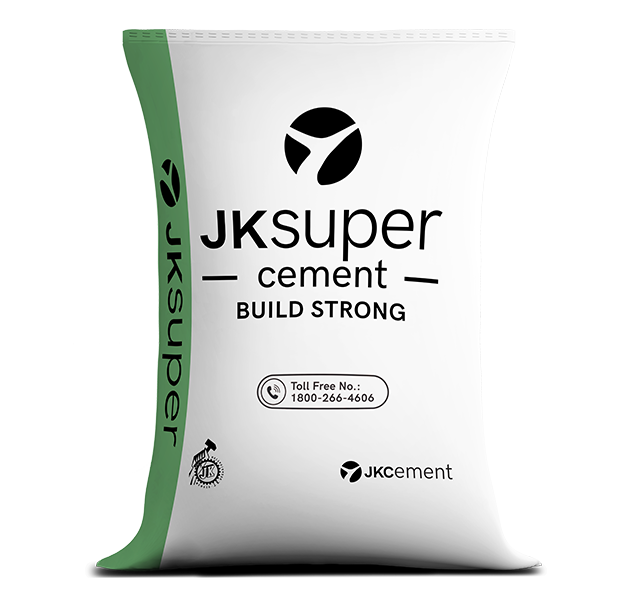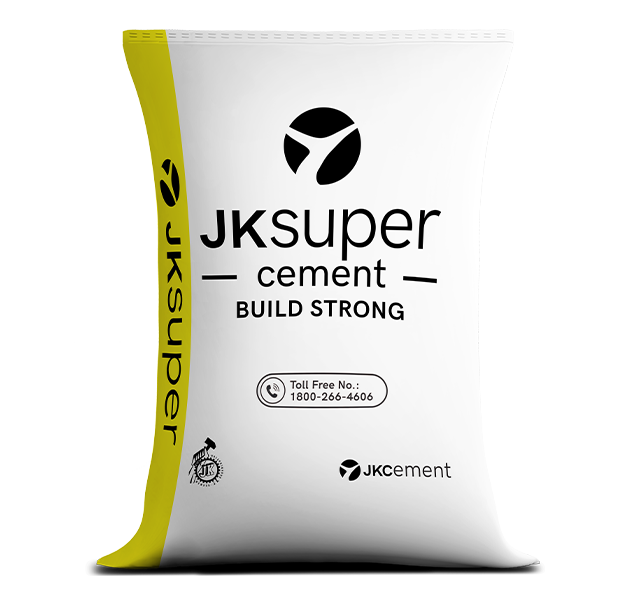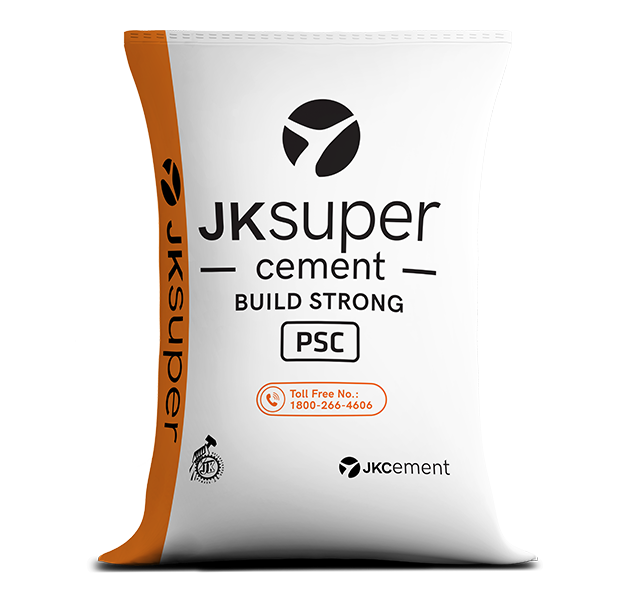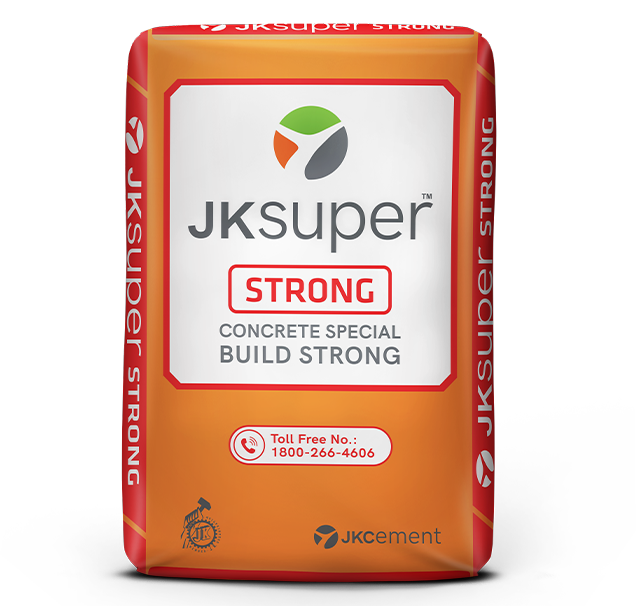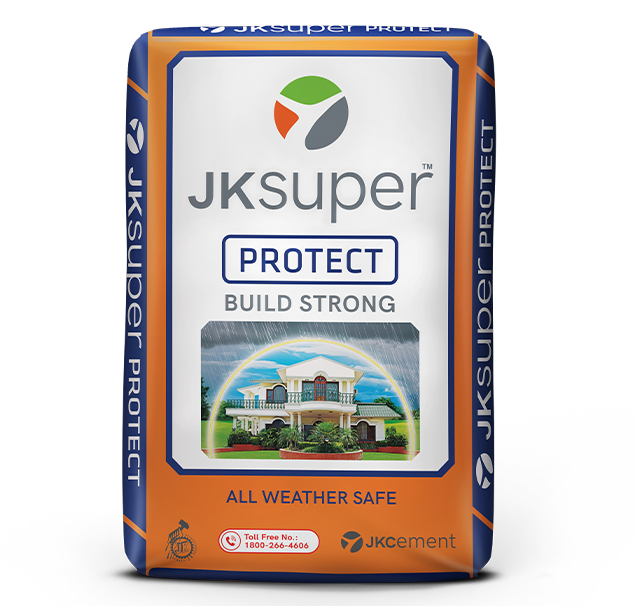rising demand in India stems from urbanisation, innovative building techniques, and a preference for quality materials. Suitable for diverse surfaces and tile types, it has become a cornerstone of contemporary construction. Let us explore its significance, different types of tile adhesives and their benefits.
What is Tile Adhesive?
Tile adhesive is a specialised material made from cement, sand, polymers, and additives, ensuring superior bonding and long-lasting tile installations. It outperforms traditional cement slurry with precise application, preventing uneven bonding and tile displacement. Offering durability and a flawless finish, adhesive for tiles provides a reliable solution for securing tiles on walls and floors.
Importance of Tile Adhesives
Tile adhesives have become indispensable in modern construction due to their numerous advantages:
Strong Bonding
Tile adhesives provide exceptional adhesion, ensuring tiles remain securely attached to floors, walls, and ceilings. Their superior bonding strength reduces the risk of tiles loosening or detaching, even in high-traffic or heavy-use areas. This enhances the longevity of tiles, minimising the need for frequent repairs.
Versatility
Highly adaptable, tile adhesives work seamlessly with surfaces like concrete, plaster, plywood, or existing tiles. Their versatility makes them ideal for residential, commercial, and industrial applications, whether for new constructions or renovations.
Uniform Layer
Tile adhesives create a consistent and even layer between the tile and the substrate. This prevents weak spots or voids, ensuring the durability and lifespan of the tiled surface while maintaining structural integrity.
Easy Application
Tile adhesives simplify installation, enabling professionals to achieve precise alignment and efficiency without specialised skills. This ensures a smooth and visually appealing finish.
Time and Cost Efficiency
Their quick-drying properties and precise application reduce labour time and material wastage, making tile adhesives a cost-effective solution. This is especially valuable for large-scale projects where efficiency is essential.
Types of Tile Adhesives
Tile adhesives come in different types based on application needs. Below are the common types:
Cement-Based Adhesives
Cement-based tile adhesives are composed of grey cement, sand, and polymers, offering a balanced mix of strength and flexibility. They are widely used for standard tile installations and are versatile enough for both indoor and outdoor applications.
Ready-Mix Adhesives
Ready-mix tile adhesive comes in a convenient pre-mixed paste form, making it ideal for small tiles and wall installations. It is easy to apply and ensures precise results, but it lacks the strength needed for heavy or large tiles.
Epoxy-Based Adhesives
Epoxy-based tile adhesives, made from a combination of resin and hardeners, offer exceptional durability and waterproofing. Their robust properties make them ideal for industrial settings, wet areas like bathrooms and swimming pools, and high-moisture environments requiring long-lasting performance.
Polymer-Modified Adhesives
Polymer-modified tile adhesives contain added polymers that enhance flexibility, making them ideal for surfaces that may expand or contract, such as plywood or old tiles. This added flexibility also makes them suitable for high-traffic areas, ensuring durable, long-lasting tile installations.
Specialised Adhesives
Tile adhesives designed for specific materials, like glass tiles or natural stones, are formulated to provide enhanced bonding strength and compatibility. These specialised adhesives ensure a secure attachment, preventing issues like cracking or slipping, which are common with standard adhesives on delicate materials.
Use JK Cement tile adhesives for a strong hold for your tiles.
Advantages of Tile Adhesive
Tile adhesives offer a range of advantages that enhance the overall quality and durability of tile installations.
Enhanced Bonding Strength
Tile adhesives are designed to provide superior bonding strength, ensuring tiles stay securely attached to surfaces even under heavy loads. This prevents any risk of detachment or shifting over time.
Suitable for Modern Tiles
Modern tiles, such as vitrified or porcelain, require strong and reliable adhesion due to their dense surfaces. Tile adhesives are specially formulated to meet these needs, providing a firm grip.
Flexibility and Crack Resistance
Tile adhesives possess a certain degree of flexibility, which allows them to withstand minor surface movements or settling. This flexibility reduces the chances of cracks forming in the tiles.
Waterproofing Properties
Some tile adhesives are made with water resistant cement and come with built-in waterproofing features. These adhesives are perfect for high-moisture areas like bathrooms, kitchens, and swimming pools, preventing water infiltration.
Faster Installation
Tile adhesives dry quickly, reducing the overall time needed for tile installation. This accelerates project completion and minimises disruption.
Reduced Wastage
The precise mixing and application of tile adhesives help minimise material wastage, leading to cost savings and more efficient use of resources.
Compatibility with Various Surfaces
Tile adhesives are versatile and work well on different substrates, including concrete, plaster, plywood, or even existing tiles, making them adaptable to a variety of construction needs.
Aesthetic Finish
Tile adhesives allow for precise tile alignment, resulting in an even, smooth, and visually appealing finish that enhances the overall look of the tiled surface.
Tile adhesives offer durability, strength, and aesthetic precision. They adapt to various surfaces and tile types, outperforming traditional methods. In India, their demand is rising with advancements in building practices. JK Cement’s high-quality tile adhesives and range of cement, including OPC 53, PPC, etc., ensure reliable performance and long-lasting results, making them indispensable for quality-driven construction projects.
FAQs
Can tile adhesive be used for installing tiles over existing tiles?
Tile adhesive can be used to install tiles over existing tiles. Specialised adhesives, such as polymer-modified or epoxy-based options, are designed to bond effectively to smooth surfaces like old tiles.
How long does tile adhesive take to dry?
Typically, cement-based adhesives take 24–48 hours to set completely, while quick-drying or epoxy adhesives may cure within 4–6 hours. Always follow the manufacturer’s guidelines for best results.
How is tile adhesive different from cement?
Tile adhesive offers better bonding strength, faster application, and enhanced flexibility compared to cement. It reduces the chances of tile displacement and cracking.
Is tile adhesive waterproof?
Some tile adhesives, such as epoxy-based ones, are waterproof, making them suitable for areas exposed to moisture, such as bathrooms, kitchens, and swimming pools.
Can tile adhesive be used for outdoor areas?
Tile adhesives like cement-based and epoxy adhesives are excellent for outdoor use. They withstand weather changes, heavy loads, and temperature variations, ensuring long-lasting results.

